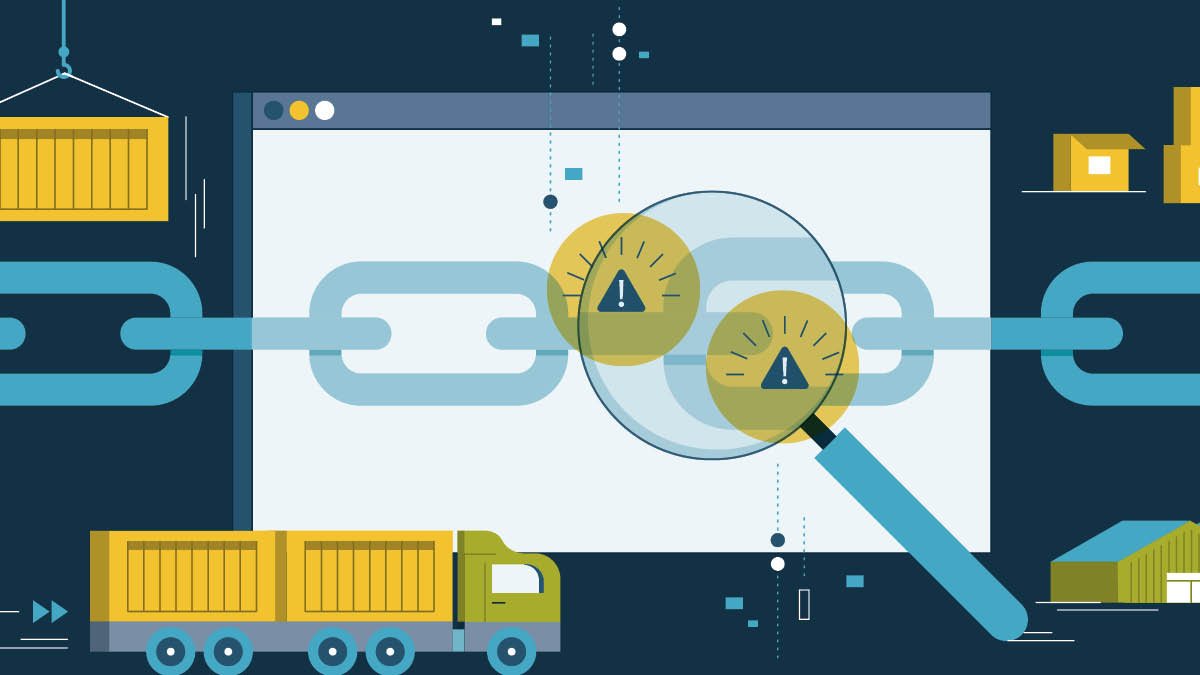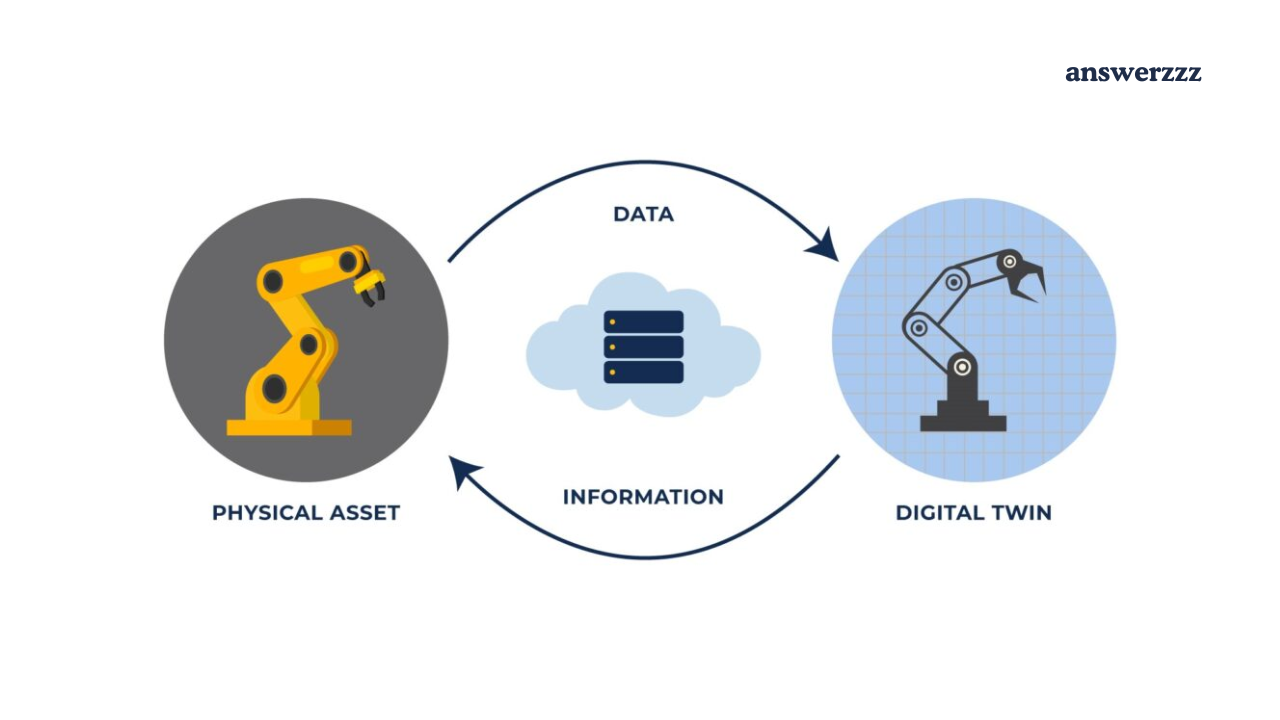In today’s global economy, supply chains are increasingly complex, encompassing multiple stakeholders, geographies, and regulations. As a result, the need for transparency and traceability has never been greater. Consumers demand accountability regarding the origins of their products, while companies face pressures to ensure compliance with sustainability standards and ethical practices. One technology that has emerged as a powerful solution to these challenges is blockchain. This innovative technology offers a decentralized and immutable ledger that can enhance transparency in supply chains, providing stakeholders with real-time access to information and fostering trust among participants.
Understanding Blockchain Technology

To appreciate the impact of blockchain on supply chains, it is essential to first understand what blockchain is. At its core, blockchain is a distributed ledger technology that allows multiple parties to share and access the same data without the need for a central authority. Each transaction or data entry is recorded in a “block,” which is then linked to the previous block, creating a secure and chronological chain of information. This structure ensures that once data is recorded, it cannot be altered without the consensus of the network, making it nearly impossible to manipulate or forge records.
One of the key characteristics of blockchain is its transparency. All participants in the network can view the same information, which helps reduce disputes and enhances accountability. Furthermore, blockchain can operate on a permissioned or permissionless basis, allowing organizations to tailor their supply chain solutions according to their specific needs and compliance requirements.
The Need for Transparency in Supply Chains
The global supply chain landscape is fraught with challenges, including fraud, counterfeiting, environmental concerns, and unethical labour practices. Traditional supply chains often rely on disparate systems and manual processes that can lead to inefficiencies and a lack of visibility. For example, tracking the journey of a product from raw material sourcing to the end consumer can be a complex task, with information stored in various databases that may not communicate with one another.
In addition, consumers are becoming increasingly aware of the environmental and social implications of their purchasing decisions. They want to know where products come from, how they are made, and the conditions under which they are produced. Companies that fail to provide this information risk losing customers and facing reputational damage. As a result, the demand for transparency in supply chains is growing, prompting organizations to seek innovative solutions that can provide real-time insights into their operations.
How Blockchain Enhances Transparency in Supply Chains
Blockchain technology offers several key benefits that can significantly enhance transparency in supply chains. First, it enables real-time tracking of products and materials as they move through the supply chain. Each transaction is recorded on the blockchain, creating an immutable history of a product’s journey. This capability allows companies to monitor the status of their inventory, verify the authenticity of products, and quickly identify any discrepancies.
Second, blockchain facilitates greater collaboration among supply chain participants. By providing a shared platform for information exchange, organizations can work together more effectively. For instance, suppliers, manufacturers, and retailers can access the same data in real time, enabling them to make informed decisions and respond to changes in demand or disruptions in the supply chain. This level of collaboration can also help organizations identify inefficiencies and optimize their operations.
Third, blockchain enhances accountability by providing a transparent record of all transactions. Each participant in the supply chain can see who is responsible for each step of the process, making it easier to identify potential issues or areas for improvement. In the case of a product recall, for example, companies can trace the source of the problem quickly and accurately, minimizing the impact on consumers and the business.
Real-World Applications of Blockchain in Supply Chains
Several industries are already leveraging blockchain technology to enhance transparency in their supply chains. The food industry, for example, has adopted blockchain solutions to trace the origins of products and ensure food safety. Companies like Walmart and Nestlé have implemented blockchain systems to track the movement of food items from farm to table. By providing consumers with access to this information, these companies can build trust and demonstrate their commitment to quality and safety.
The fashion industry is another area where blockchain is making a significant impact. Brands are increasingly using blockchain to verify the authenticity of luxury goods and combat counterfeiting. For instance, companies like Everledger and Provenance are helping fashion brands create digital certificates of authenticity that accompany their products. This technology not only protects consumers from counterfeit goods but also provides transparency regarding the ethical sourcing of materials and labour practices.
In the pharmaceutical industry, blockchain is being used to combat counterfeit drugs and ensure compliance with regulatory requirements. By tracking the entire supply chain of medications, from manufacturing to distribution, companies can verify the authenticity of their products and prevent the infiltration of counterfeit drugs into the market. This approach not only protects consumers but also enhances the overall integrity of the healthcare system.
Challenges and Limitations of Blockchain in Supply Chains
While the potential of blockchain to enhance transparency in supply chains is significant, several challenges and limitations must be addressed. One of the primary concerns is the integration of blockchain with existing systems. Many organizations still rely on legacy systems that may not be compatible with blockchain technology. Implementing blockchain solutions often requires significant investment in technology and training, which can be a barrier for smaller companies.
Data privacy and security are also critical considerations. While blockchain’s decentralized nature enhances transparency, it can also raise concerns about sensitive information being exposed to all participants in the network. Organizations must carefully consider what information they share on the blockchain and implement appropriate security measures to protect their data.
Moreover, the scalability of blockchain solutions can be a challenge. As the number of transactions increases, maintaining the speed and efficiency of the blockchain can become difficult. Organizations need to develop scalable solutions that can handle large volumes of data without compromising performance.
The Future of Blockchain in Supply Chains
Despite the challenges, the future of blockchain in supply chains looks promising. As more organizations recognize the value of transparency and traceability, the adoption of blockchain technology is expected to grow. Industry collaborations and partnerships will play a crucial role in driving innovation and developing standardized solutions that can benefit all stakeholders.
In addition, advancements in technology, such as the integration of artificial intelligence (AI) and the Internet of Things (IoT) with blockchain, can further enhance supply chain transparency. AI can analyze data generated by blockchain systems to provide valuable insights and predictions, while IoT devices can automate data collection and improve real-time tracking capabilities. This convergence of technologies has the potential to revolutionize supply chains, making them more efficient and transparent.
Blockchain technology presents a transformative opportunity for supply chains, enabling greater transparency, traceability, and collaboration among participants. As organizations face increasing pressure to demonstrate accountability and ethical practices, the adoption of blockchain can provide a competitive advantage. By leveraging this innovative technology, companies can enhance their supply chain operations, build trust with consumers, and contribute to a more sustainable and ethical global economy.
Exploring blockchain for transparent supply chains is not just a trend; it is a necessary evolution in the way businesses operate in today’s interconnected world. By harnessing the power of blockchain, organizations can address the challenges of modern supply chains and pave the way for a future that prioritizes transparency, sustainability, and ethical practices.




